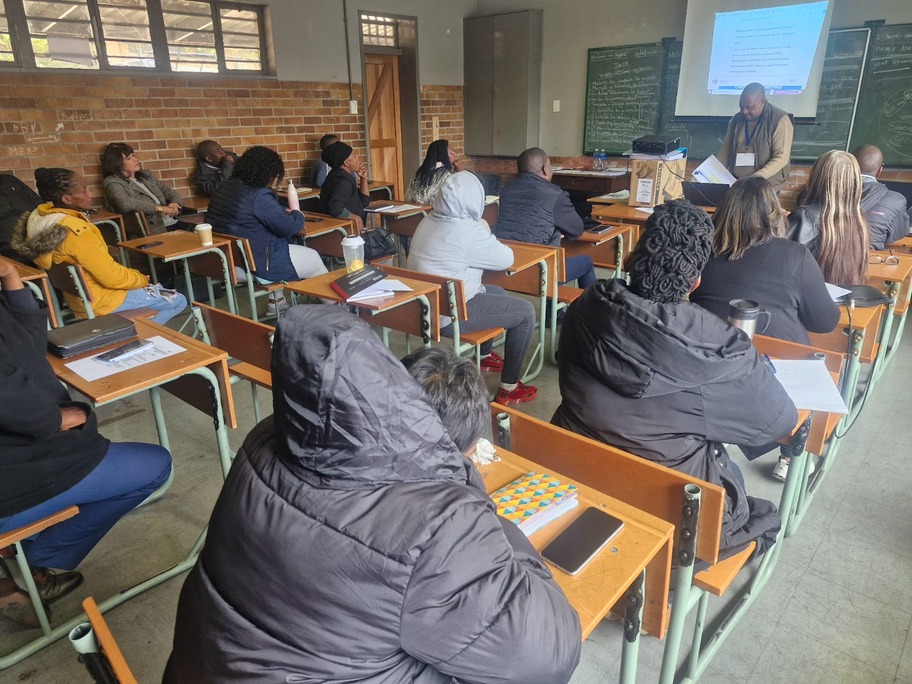The unique concept of School Governing Bodies (SGBs) in South Africa was established with the passing of the South African Schools Act (SASA) 84 of 1996. This act gives parents, educators, non-educators, learners, and community members a formal role in school governance. This promotes strong community involvement in schools, enhancing educational outcomes through shared responsibility and accountability.
The School Governing Body is an instrumental and crucial structure responsible for overseeing a school’s strategic management and governance to ensure that the school operates effectively and in the best interest of learners. It is a group of individuals who, amongst others, play a pivotal role in bridging the gap between the school and its community, fostering a collaborative approach to school management and improvement.
In ensuring that School Governing Bodies (SGBs) fulfil their roles and responsibilities in public schools sufficiently and effectively, the Matthew Goniwe School of Leadership and Governance (MGSLG) has a responsibility to conduct SGB elections every three years and must arm and equip the Newly Appointed SGB with the skills and knowledge required to govern the school.
In March 2024, the MGSLG was part of the team with the Gauteng Department of Education (GDE) to conduct SGB elections across Gauteng Province. Immediately after that, the newly appointed SGB were Inducted and trained on a Hand-Over programme, where the outgoing handed over the work that they had done to the newly appointed.
MGSLG continued its commitment to capacitate school governance by providing practical training to the recently elected SGB members on Saturdays from August 17th to 24th and 31st, 2024. These training sessions, which focused on their specific roles and responsibilities, were held in various venues across Gauteng Province.
The topics covered during the training are community involvement, Accountability and transparency, a model agenda structure, School Management and Governance, School Policy Development, Support for Educators and Learners, School Development, and School Improvement Planning.
One of the participants, Mr Pascal Rekhotso, a principal and an SGB member from Sandringham High School in Johannesburg East, expressed his satisfaction with the workshop. He said,’’ Attending a workshop of this magnitude assisted me a lot because the responsibilities were clarified for all positions that we have in the SGB structure.’ That assisted me in understanding that as a person who represents the Education Department, part of my role is to advise and support the SGB members on their roles and responsibilities.
The workshop also clarified the difference between School Governance and School Management. Now I know the areas I’m responsible for managing and the areas the collective SGBs oversee. Therefore, the workshop was an eye-opener, and we gained a lot of knowledge that will be useful in our schools.
The SGBs are fundamental to creating a collaborative environment where various stakeholders in the school, work together to support and improve the quality of teaching and learning in the interest of learners.

